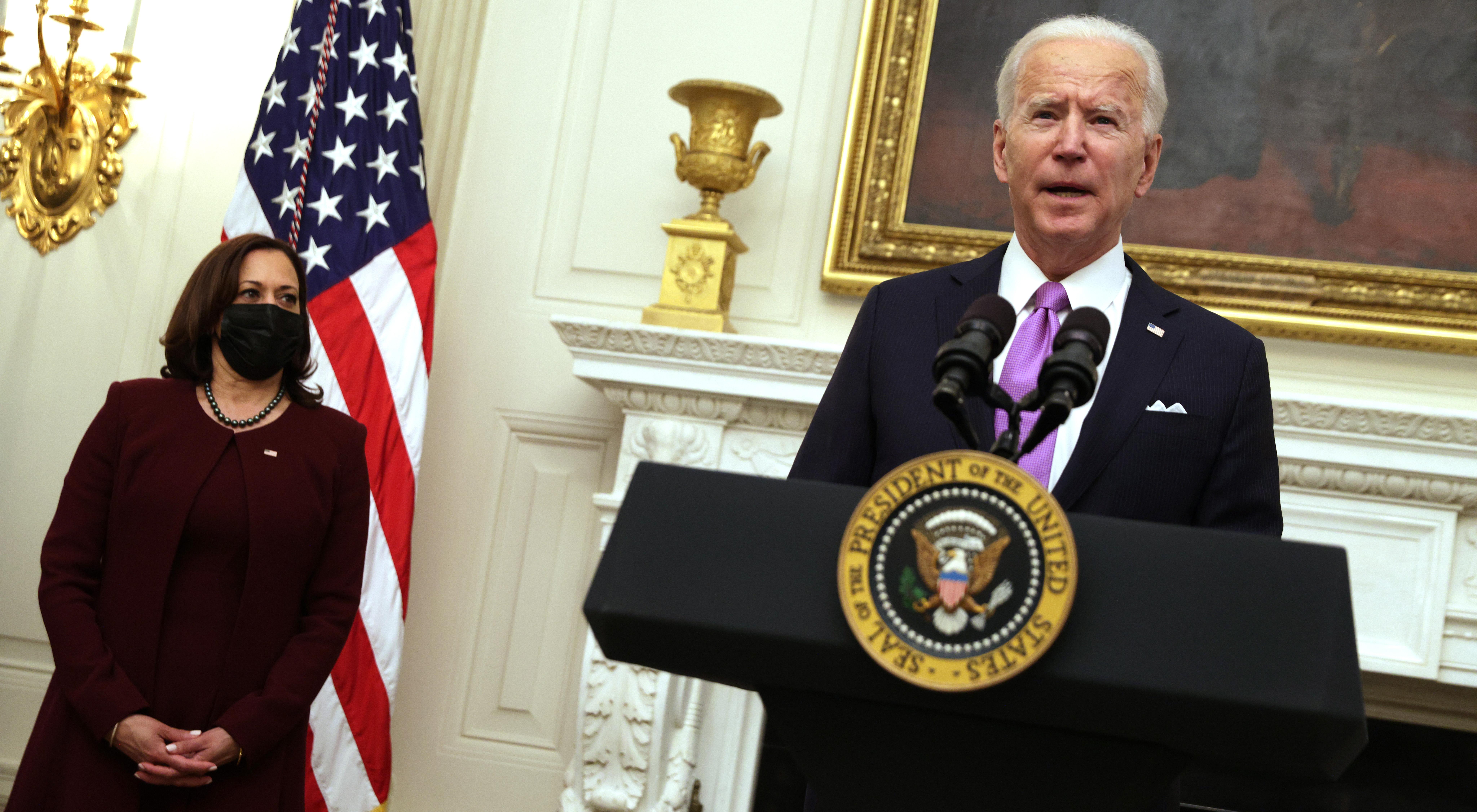
Elon Musk offers $100 million prize for 'best' carbon capture technology
By Mark PygasJan. 22 2021, Updated 9:07 a.m. ET
Elon Musk, the founder of the electric car manufacturer Tesla, took to Twitter on Thursday to promise a $100 million prize to develop new carbon capture technology. The announcement comes as President Joe Biden appears to be betting big on carbon capture technology to help the United States meet its obligations under the newly-rejoined Paris Climate Agreement.
"[I am] donating $100M towards a prize for best carbon capture technology," Musk wrote on Twitter on Thursday night. "Details next week."
Musk's announcement should come as no surprise, with Tesla focused on lowering carbon emissions with its electric cars and solar panel businesses. But that does not mean that electric cars are entirely guilt-free. Diesel cars release about 111 g of carbon dioxide for every kilometer driven. In comparison, electric cars are responsible for up to 62 g over the same distance — though this can be lower depending on the sources of electricity production.
However, during production, a Diesel car generates 29g CO2/km while a comparable electric vehicle generates 57g CO2/km. Battery production and the extraction of raw materials are responsible for almost half of the CO2 emissions of an electric car's entire life cycle. While the average lifetime emissions of an electric vehicle are up to 70 percent lower than a gas car, manufacturers are always looking for ways to reduce their carbon footprint further.
What is carbon capture technology?
Nations around the world are becoming increasingly reliant on carbon capture technology to help meet their climate goals. The process typically involves capturing carbon dioxide at large sources of emissions, such as powerplants, and storing it underground so that it does not enter the atmosphere. Advocates believe that the process could cut the cost of meeting climate goals, while critics suggest that it could distract from directly lowering emissions.
While the cost of this technology has been coming down in recent years, the process is still expensive and requires a large amount of energy itself. According to research published in Nature Communications, carbon capture technology could need as much as a quarter of global energy supplies in 2100.
Biden-appointee Jennifer Wilcox is an expert in carbon capture

On Wednesday, President Joe Biden issued an executive order to have the United States rejoin the Paris Climate Agreement. And while Biden looks set to reduce the use of fossil fuels, as can be seen in his cancelation of the Keystone XL pipeline, many experts believe that the United States must utilize carbon capture technology to meet its obligations of the agreement.
Jennifer Wilcox, who Biden appointed to the position of principal deputy assistant secretary for fossil energy at the U.S. Department of Energy, is an expert in carbon removal technologies. In a press release, the Department of Energy explained, "Wilcox's work examines the nexus of energy and the environment, developing strategies to minimize negative climate impacts associated with society's dependence on fossil fuels."
